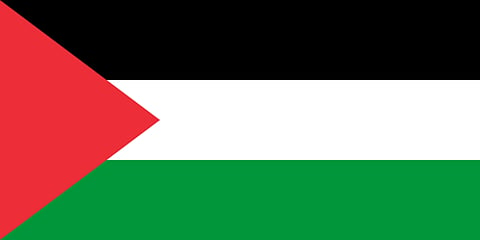

In a landmark move that reshapes decades of Western foreign policy, Britain, Australia, Canada, and Portugal formally recognized Palestinian statehood on September 21, 2025, marking a seismic shift in international diplomacy aimed at reviving the prospect of a two-state solution. The coordinated announcements, timed ahead of the UN General Assembly, represent a direct response to Israel’s devastating military campaign in Gaza and its explicit rejection of Palestinian sovereignty. UK Prime Minister Keir Starmer emphasized that recognition was necessary to "revive the hope of peace" amid a "man-made humanitarian crisis" in Gaza, while Australian Prime Minister Anthony Albanese cited the "legitimate and long-held aspirations" of the Palestinian people.
Symbolic Weight
The UK’s recognition carries profound historical significance, given its role in the 1917 Balfour Declaration that paved the way for Israel’s creation. Deputy Prime Minister David Lammy acknowledged Britain’s "special burden of responsibility" to support Palestinian self-determination, reflecting a reckoning with colonial legacy . The move aligns with over 140 UN member states that already recognize Palestine, isolating Israel and its primary ally, the United States. Palestinian President Mahmoud Abbas welcomed the decisions as an "important step toward lasting peace," while Hamas official Mahmud Mardawi hailed them as a "victory for Palestinian rights" against Israeli occupation .
Annexation Threats
Israeli Prime Minister Benjamin Netanyahu condemned the recognitions as a "huge reward to terrorism," vowing that "no Palestinian state will be established west of the Jordan River" . Far-right ministers Itamar Ben Gvir and Bezalel Smotrich called for immediate annexation of the West Bank, with Smotrich declaring, "The days when Britain would determine our future are over" . These reactions underscore the Israeli government’s commitment to settlement expansion and its rejection of diplomatic solutions, further exacerbating regional tensions .
Humanitarian Crisis
The recognitions come amid a catastrophic humanitarian situation in Gaza, where Israel’s offensive has killed over 65,000 Palestinians, displaced 90% of the population, and triggered famine conditions . UN agencies accuse Israel of systematically obstructing aid, while a UN Commission of Inquiry found evidence of genocide . Western nations, under domestic pressure to act, framed their decisions as a moral imperative to address Gaza’s suffering and counter Israel’s erosion of the two-state solution through settlement expansion and annexation policies .
Future Challenges
While largely symbolic, these recognitions empower the Palestinian Authority and isolate Israel diplomatically. France is expected to follow suit, though President Emmanuel Macron conditioned embassy openings on Hamas releasing hostages . The moves highlight growing transatlantic divisions, with the U.S. remaining opposed to recognition. However, they fall short of guaranteeing tangible change: as Deputy PM Lammy noted, recognition "won’t feed children or free hostages" but aims to preserve the possibility of a negotiated peace . The focus now shifts to the UN General Assembly, where Palestine seeks full membership, though U.S. veto power remains a barrier .